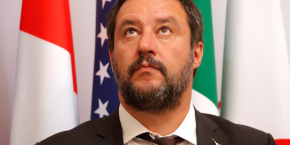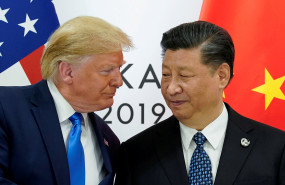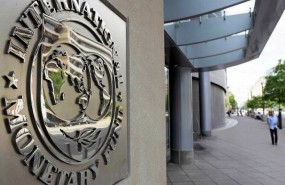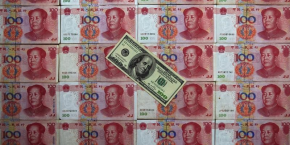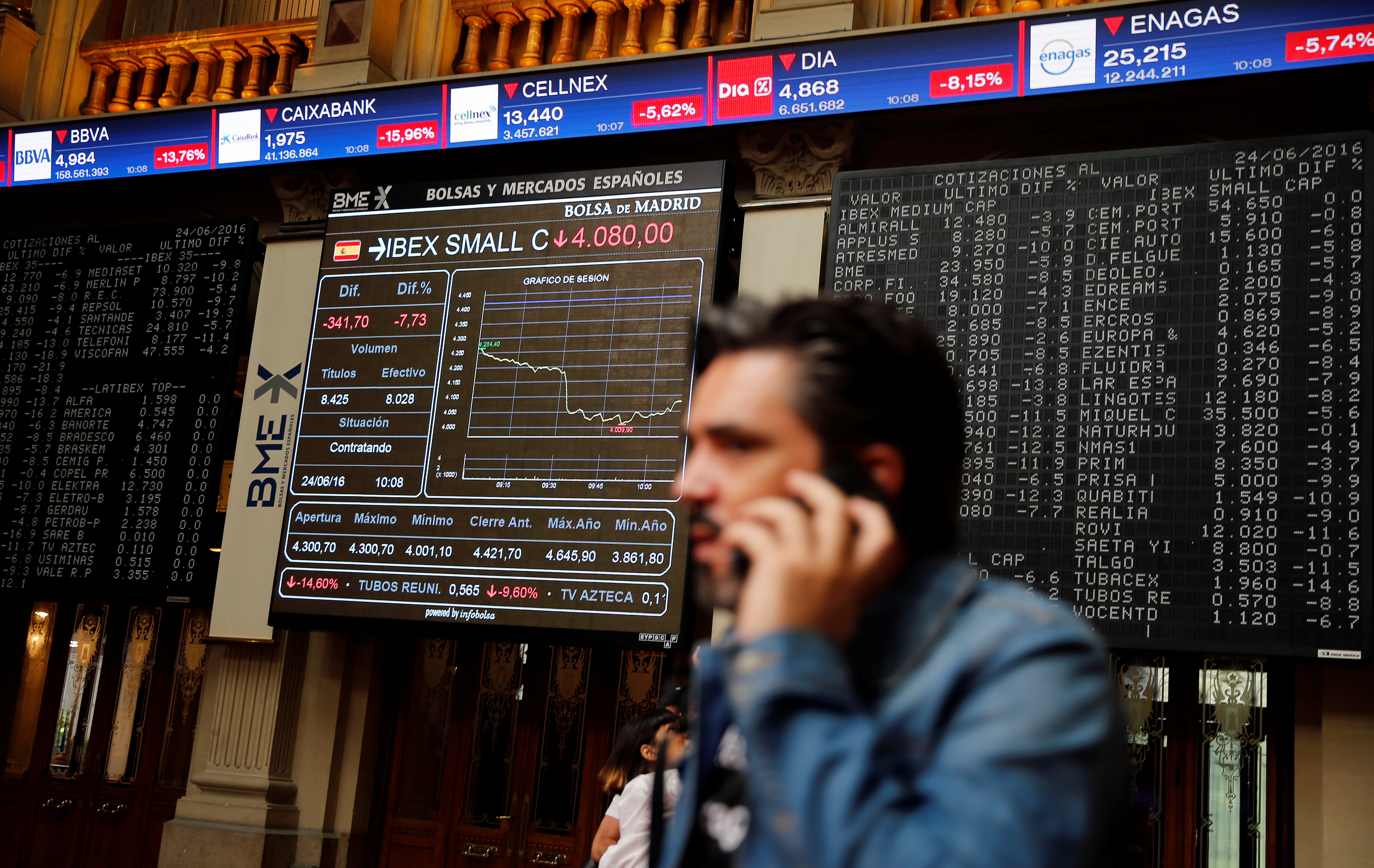
The European stocks have leant towards the red today after a rise upwards with the Ibex as one of the worst selectives of the continent. The Spanish market has closed in red for the third time in a row (-0.93%) and has lost the 8,700 points due to the banking sector. Five of these six entities have fallen over 3% this Monday after the cut from Credit Suisse. Furthermore, the doubts surrounding Argentinian politics (Macri has suffered a hit after being defeated in the primaries), has also made the markets nervous. Meanwhile the stocks and the price of the Ibex fall.
- 11.405,800
- -0,54%
Now experts are fearing that a potential second victory for Alberto Fernández could lead to a fall in the currency of another 25%, which would affect the five values from the Ibex that have important business in the country. These values are Santander (-1.7%), Telefónica (-1.4%), BBVA (-3.6%), Naturgy (+ 0.2%) and Mapfre (-0.5%). Therefore, the selective has been burdened by the doubts regarding the banking sector and the situation in Argentina.
The stocks suffered important volatility last week. The intensifying of the trade war between China and the US that has led Donald Trump to say he is not ready to sign any trade deal with the Asian giant for the moment and the political instability in Italy where the governing coalition stands on the edge of a knife is making the markets suffer.
At the start of the session, the stocks have found some comfort in the Asian markets (Japan, India and Singapore were closed on a bank holiday) that have all relied on the decision from the Popular Bank of China to set the price of the yuan below the psychological level of 7/dollar (a few days ago it let the renminbi fall below this level which caused threats of a currency war starting with the US). Nevertheless, doubts have not been away for long and have intensified as the session has progressed.
We need to recall that the trade negotiations will resume in Washington at the start of the month of September although the deal seems further away than ever. And the Trump administration has decided to impose a new 10% tariff on $300bn worth of Chinese products that will come into effect on 1 September.
ITALY IS STILL A CONCERN
Returning to Europe, all focus is on what could happen in Italy after the Northern League that Matteo Salvini leads presented a no-confidence vote against PM Giuseppe Conte which effectively also breaks the coalition with the M5S led by Luiggi di Maio. Now we must wait to see when this vote is carried out and if snap elections are called just before the preparations of a new budget are ought to start.
And the protests in Hong Kong that have moved to the airport have made an already bad situation worse for the markets. The NYSE is the worst affected by this. Wall Street is registering falls of 1% at the start of the week which in turn will affect Europe.
On the macroeconomic level, Monday has presented important references. Although on the business level we highlight in addition to banks, MásMóvil (-2.5%), which has been volatile after it was revealed to be one of those interested in the assets of British Telecom (BT) in Spain. Apparently, the British company would have hired an investment bank to sell its Spanish subsidiary, an operation that it would want to close before the end of the year. The company for sale, which according to the CNMC has a market share of 24%, would be valued between 250 and 300 million euros.
In addition, Iberdrola (+ 0.9%) has reported the sale to the Australian group Mcquaire of 40% of its wind power project in the United Kingdom, East Anglia One, for a total of 1.6bn pounds sterling (about 1.7bn of euros).
According to Link Securities experts, the next week expectes "uncertainty for the stock markets", since "any news from the commercial conflict will move both the equity markets and the currency markets, while any news about the conflict Italian politician will move the European financial markets, with special emphasis on the banking sector. "


